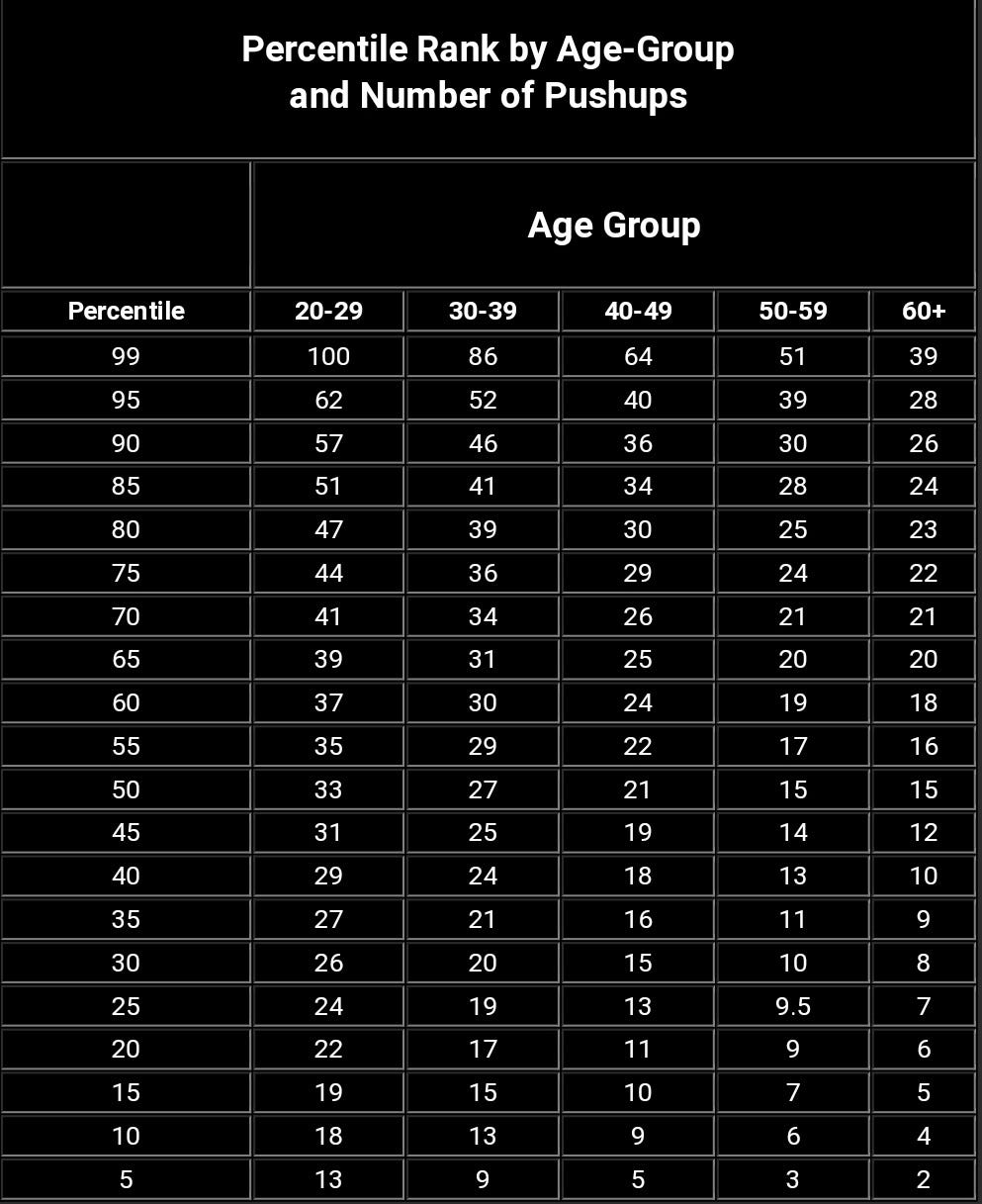Personal Science Week - 2 Jun 2022
Home testing, Pushups, How academics think about Personal Science, and more
This week’s best Personal Science tip is Own Your Labs blood testing services. For about $20, you can get Comprehensive Blood Panel (CBP) and a Lipid Panel. This is the same set of markers that most doctors will prescribe you for a routine annual physical. Own Your Labs offers just about any other blood test you can imagine, including Vitamin D ($45), Insulin ($12) and numerous antibody tests. You can get the blood draw at any LabCorp location. Best prices we’ve seen.
FDA vs. Home Testing
Personal scientists need the ability to test for themselves. Though of course we take seriously the opinions of those with more experience, we don’t blindly listen to the words of credentialed experts. That’s why it’s so infuriating to hear about the many ways the US Food and Drug Administration actively works to prevent us from access to tests that are completely safe.
A recent podcast discussion between economist Alex Tabbarok and Niskansen Center’s Bruce Lindsay is a good summary of How the FDA (among others) failed us:
The FDA has a long, long history of just hating people testing themselves. So the FDA was against pregnancy tests, they didn’t like that, they said women they need to consult with a doctor, only the physician can do the test because literally women could become hysterical if they were pregnant or if they weren’t pregnant, this was a safety issue. There was no question that the test itself was safe or worked. Instead what the FDA said, “We can regulate this because the user using it, this could create safety issues because they could commit suicide or they could do something crazy.” So they totally expanded the meaning of safety from is the test safe to can somebody be trusted to use a pregnancy test?
The whole transcript is a worthwhile reference to keep handy when considering public policies that can help personal science — and science in general.
How many pushups can you do
The New York Times How to Master the Push-Up reminds us of a study performed by some Harvard cardiologists who studied 1500 firefighters between 2000 and 2017 to see how many pushups they could do and followed them over the years to see how many had “adverse” cardiac events. That resulted in this chart:
How many pushups can you do? What is your percentile for your age?
How academics think about Personal Science
Here is a real academic paper discussing a subject near to my heart: food-tracking apps.
Maringer, M., van’t Veer, P., Klepacz, N. et al. User-documented food consumption data from publicly available apps: an analysis of opportunities and challenges for nutrition research. Nutr J 17, 59 (2018). https://doi.org/10.1186/s12937-018-0366-6
Not to pick on this particular academic article (from 2018), but I’m wondering what possible good can come of the effort and systematic labor involved in producing it.
Nine (9) authors, each spent how much time writing/commenting/rewriting the drafts, plus the gathering of all the app data in the first place.
Two (2) peer-reviewers wrote comments on the first draft, and one even followed up with detailed responses to the author feedback.
The original draft, submitted in October 2017 went through multiple rounds of feedback until it was published the following June.
Two years after publication, the article has been accessed about 5000 times with 11 citations.
Contrast the academic approach with how it works in the consumer software world, where to develop a competitive app for food-tracking we might ask a bright product manager to devote a few days to survey the landscape of apps, check out a few product reviews, maybe ask around on Reddit or just a few well-connected friends. Depending on the rest of their workload, we’d expect a first proposal in anywhere from a week to a month or two. A good app company would have a prototype and maybe even first launch with six weeks or maybe a couple of months if it were especially complicated. After launch, the product would continue to iterate based on user and market feedback.
We wouldn’t measure success by citations, but rather by market impact, which almost always is simply the unit sales. That tracks imperfectly but fairly well with our general sense that success measures how many people find something to be useful. Almost by definition, somebody willing to pay money for an app is voting on its usefulness in a way that a free journal article like this one can’t compare.
I wonder, ultimately, what the authors of this paper would describe as their reason for devoting all this energy to a paper that I can’t imagine has any impact on the world, except among academics and their circular citation rings.
You don’t need all that effort to produce something useful. Personal Science is about doing. Figure out what matters and hone in on that. No need to worry about citations.
About this newsletter
Personal Science is the process of using the scientific method to solve problems and get better results on an individual, personal level. Following the motto of the Royal Society, established in 1660, nullius in verba, we take nobody’s word for it.
This newsletter is a weekly summary of a few observations we think will be interesting to anyone who wants to be a personal scientist. Press the button below to share a (free) subscription with others.




